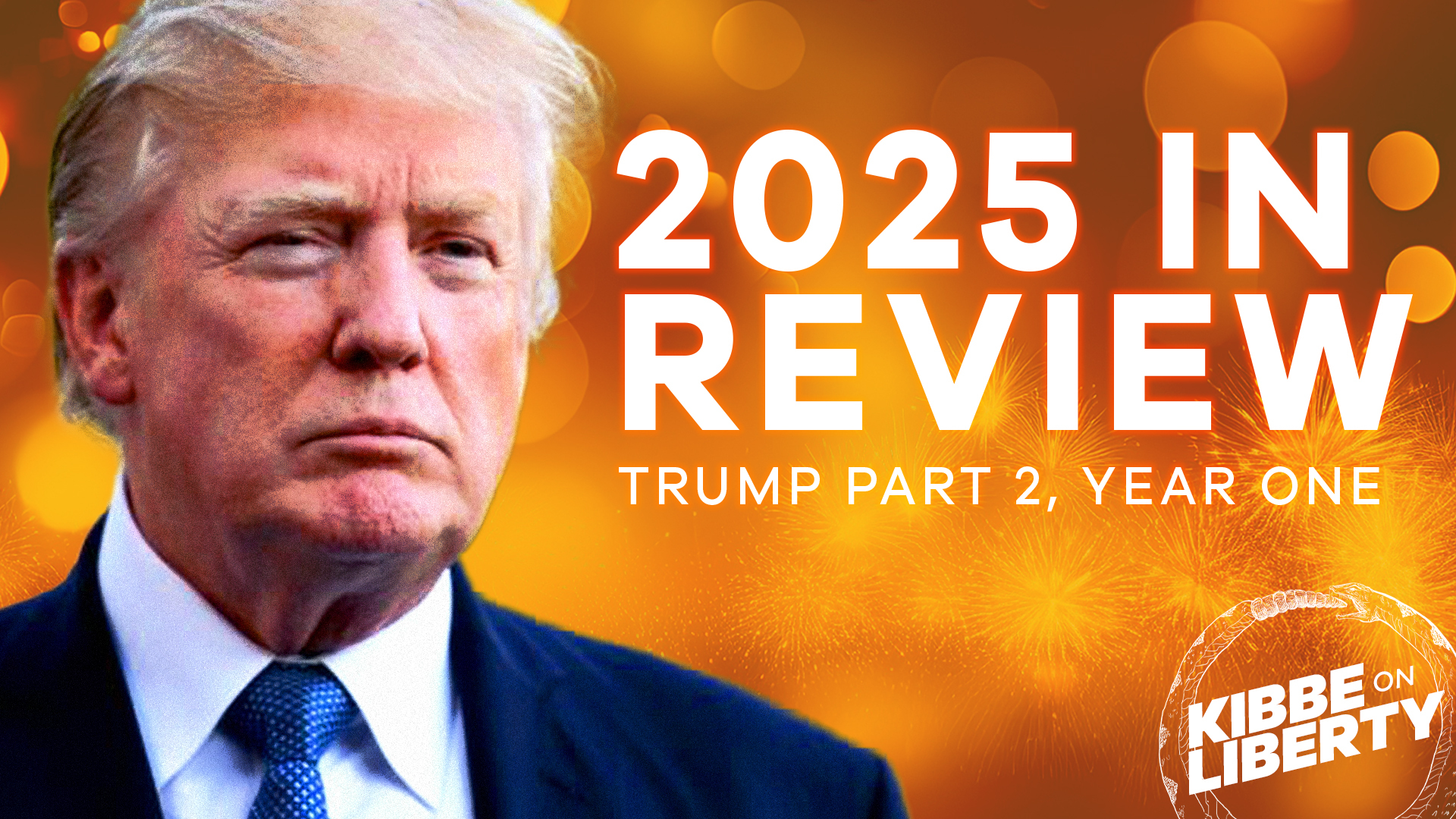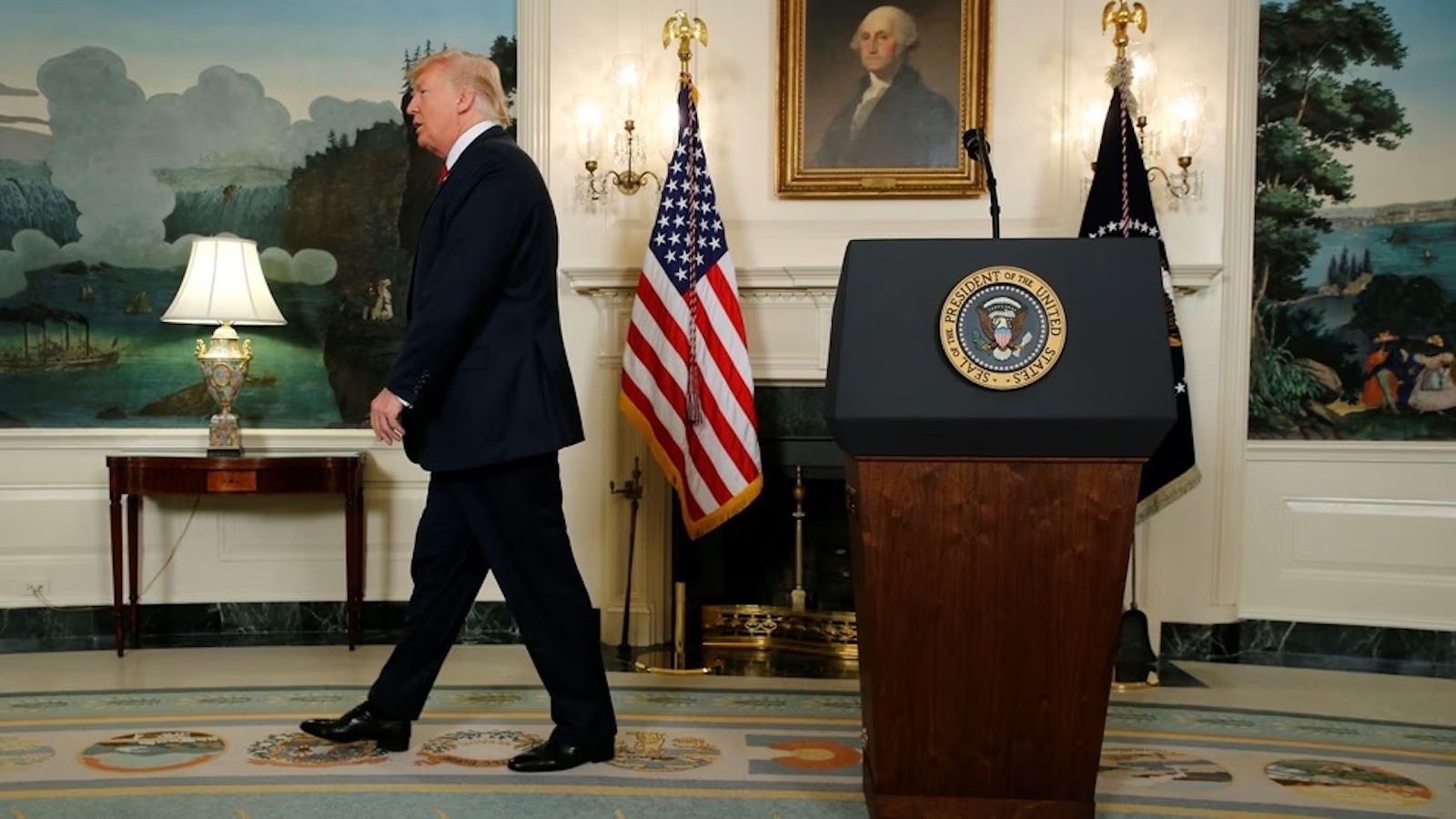
On Limiting: Preparing Government People to Limit Others in Governments
Desensitize, condition, and provide denial defense mechanisms.
Constitutional governments require government people to use their constitutional powers against others in governments to limit them. And yet this limiting is scarcely studied or understood.
Empirically, limiting by lesser magistrates has happened repeatedly, though infrequently. Limiting has most often happened when the lesser magistrates have received support in their actions from personal Christian faith that has started with seeking personal salvation and that has continued with personal and church-augmented Bible study to help these individuals emulate Jesus’s thoughts and actions.
But another similarly-difficult behavior is understood: killing. The discussion below is built up from the helpful overview on killing that’s provided by psychologist and US Army Ranger Dave Grossman in On Killing: The Psychological Cost of Learning to Kill in War and Society.
By analogy to killing, the willingness of a government person to limit others in governments appears likely to be promoted by a demanding authority, group absolution, distance from the other person, the nature of the other person, and the government person’s predisposition.
Making these factors operational yields a number of possible ways to promote limiting:
An obedience-demanding authority figure
- Proximity of the authority figure to the government person
- The government person’s subjective respect for the authority figure
- Intensity of the figure’s demands for limiting
- Legitimacy of the figure’s authority and demands
Group absolution
- The government person’s identification with a group
- Proximity of the group to the government person
- Intensity of the group’s support for the limiting
- Number in the immediate group
- Legitimacy of the group
Distance from the other person
- Physical distance
- Social distance
- Cultural distance
- Moral distance
- Mechanical distance (distance caused by no contact or indirect contact: intermediaries, messages, phone, video)
Nature of the other person
- Relevance and effectiveness of available strategies for limiting
- Relevance of the other person as a threat
- The government person’s potential gain from limiting the other person
- The other person’s potential losses
Predisposition of the government person
- Training/conditioning of the government person
- Recent experiences of the government person with losses inflicted by the other person
- The temperament that predisposes a government person to limiting (of all practicing lawyers, for example, those with the Myers-Briggs introverted feeling types—who “maintain independence from the judgment of others, being bound by inner moral law”—make up only 12%)
Just as we can adapt proven factors in killing to promote limiting, we also can adapt proven training methods for killing to train government people for limiting.
Desensitization: Thinking the Unthinkable
The purpose of being delegated powers by the people is to use those powers the exact way that the people would use those powers themselves. Government people have the fiduciary duty to act on behalf of the people.
What’s in the people’s interest? To limit everyone in governments.
Limiting others in government not only is thinkable but is actually a government person’s primary task, always. He should wake up in the morning thinking: limit, limit, limit. He should get back from lunch thinking: limit, limit, limit, limit.
Government people haven’t begun to do their jobs until they have limited others. The whole army of government people exists to limit others in governments.
Conditioning: Doing the Unthinkable
Training of government people needs to start as soon as a government person wins an office, starting in whichever most-local jurisdiction in which the government person starts his career: his homeowners association, school district, village, town, city, county, state, or national government.
These training opportunities are devastated when the form of the Constitution is deviated from in the charters of local jurisdictions. The charters of homeowners association, school district, village, town, city, county, and state governments must follow the Constitution closely to deliver the constitutionally-required republican form of government, and also to deliver optimum training and conditioning.
Government people need to be conditioned to hear proposed spending and to vote no; to consider existing spending and to sponsor repeals and vote the spending down.
All government people need to receive immediate positive feedback that their limiting makes the rate of increase of debt slow down tangibly and visibly.
They need to receive reinforcing positive feedback from colleagues who also limit others. Small collaborations with like-minded government people can provide potent support.
They need to receive reinforcing positive feedback from voters, guided by activists and media. Voters would do well to pay attention to good bills, flood the undecided government people with encouragement, and flood the bills’ champions and supporters with positive feedback. To praise government people for limiting others, voters can meet with government people, talk with them on the phone, or send them letters.
Note that the Republican-supporting Pachyderm clubs don’t deliver the feedback that’s needed. These clubs emphasize access, not results. So they welcome government people with records of inaction who deliver inadequate speeches, and they respond with at-least-somewhat positive feedback and votes, both of which are counterproductive.
Providing Denial Defense Mechanisms: Denying the Unthinkable
Government people can helpfully visualize the others they are limiting as being less-than-committed. They can visualize the others as merely going through the motions for cronies. They can visualize the others as thankful to take cronies’ money and yet also thankful to be prevented from succeeding at any resulting actions, which would be compromised.
Supplementing this denial with desensitization, government people can visualize their targets not as the other people themselves, but merely as certain actions of the other people.
USA governments’ histories show that it doesn’t work to simply hope for honorable people to seek office and then limit themselves and others. Activists, media, and voters should prepare government people to limit others in governments.
Free the People publishes opinion-based articles from contributing writers. The opinions and ideas expressed do not always reflect the opinions and ideas that Free the People endorses. We believe in free speech, and in providing a platform for open dialogue. Feel free to leave a comment.




Pingback: Constitution-Enforcement Laws
Pingback: Limiting Governments by Limiting a Party – digitado
Pingback: Limiting Governments by Limiting a Party - Libertarian Guide